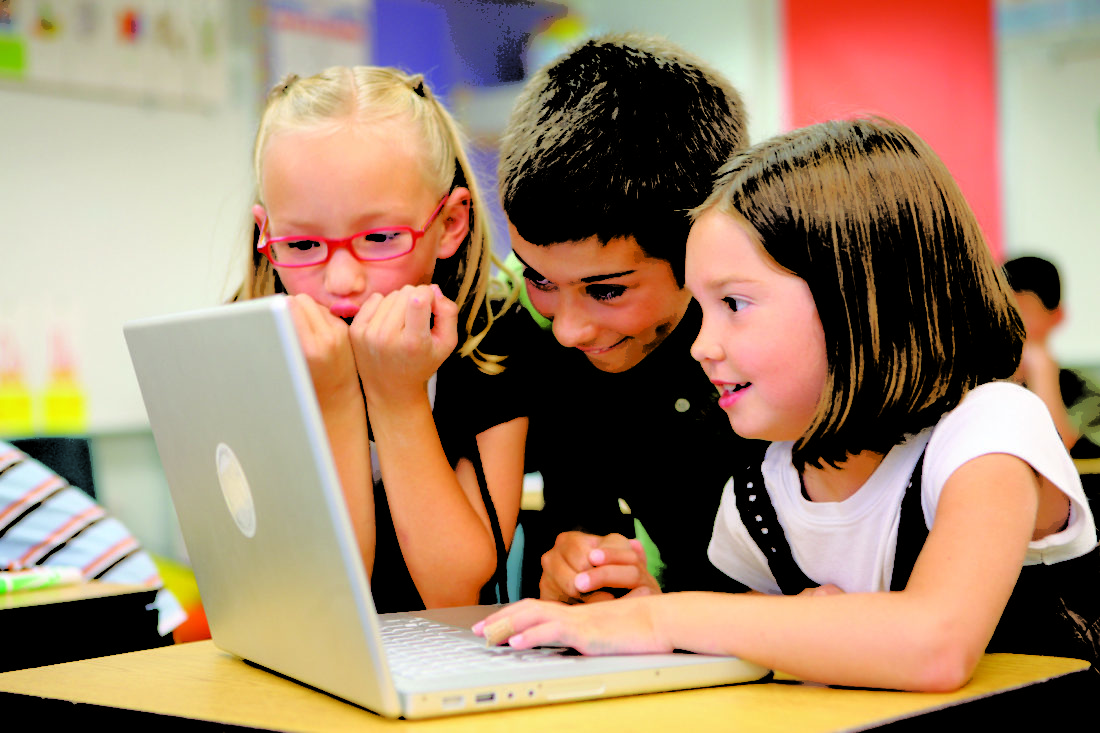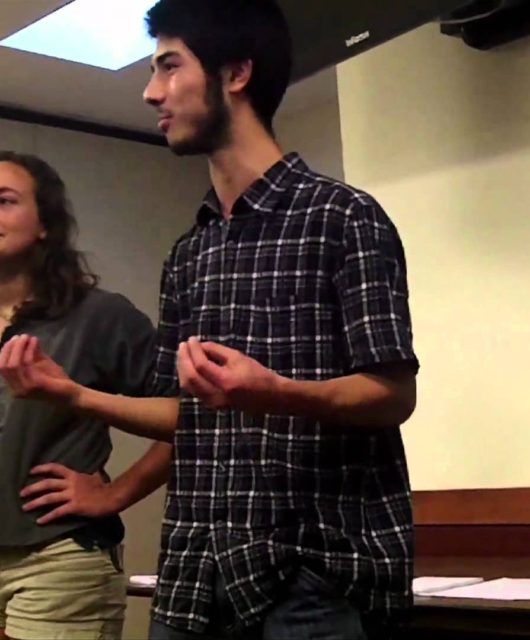What is the Future of Teaching?

Schools vie for recognition in many ways: through the number of contests (nationally and globally) their students win, through their modern learning materials and facilities, and through their educational framework. For instance, if we check out the website of any international school right now, like the One World International School in Singapore; you will see highlighted on their first page, their globally recognised learning core values.
However, a lot of schools have started offering Massive Online Open Courses (MOOC) programs, and this is in response to a couple of things:
- Full-time employees who would like go back to school and do not have the capacity to attend classes.
- Enticing foreign students to take certification courses from them.
- To take full advantage of open access opportunities and unlimited participation.
- Cost savings inherent in taking classes online
And while it started as a way to provide a learning platform for non-enrollees, it has now seeped into the normal curriculum. There are schools that include online examinations and lectures into their program. This is an example of innovations in the learning landscape and schools, from middle school to college, adapting to a new kind of demand. But what does this mean for education in general?
Research shows that students in online learning environments performed better
A report done by SRI International, funded by the U.S. Department of Education showed that online conditions resulted into a higher tested performance versus face-to-face instruction. They looked at a hundred studies that observed student performance in classes that offer online studying and compared it with a strictly face-to-face learning environment. The result was those who did online coursework tested on the 59th percentile on average, while those in the classroom tested on the 50th percentile.
Foreseeing an increase in online education programs
Of course, the results does not necessarily show that online learning is more effective than classroom learning. Rather, what it displays is that online conditions have certain advantages like being given more time to digest the learning material and more opportunities to collaborate with both the educator and fellow students. On average, an online class lasts about 3 hours, and that does not even include the discussion board exchanges. Compare that with an hour or an hour and a half of classroom instruction, it is not surprising that students who participated in online learning did better in tests.
So while we are not writing off the classroom setting, because there are topics that are better discussed face-to-face, the results of this study showed that there is a possibility that online learning tools would be more in demand.
Teachers adapting to these innovations
MOOCs have existed for a long time now, evidenced by the growing popularity of sites like Coursera which was founded in 2012. So this demand in online learning programs has been a long time coming, and now all we need to do is to create a framework that will allow us to conduct classes and grade participation. SRI international proposed three different kinds of learning:
- Expository – receiving information through any digital material, whether through video or text.
- Active – students are encouraged to use online tools available to them to build on the information they have just received.
- Interactive – initiating discussions with fellow students encourage collaboration.
Even before this study was released, and indeed when MOOCs started picking up, teachers have been finding the means to maximise the online tools available to them. Now, they are not just posting video lectures online, but they are hosting forum discussions, using live video capabilities to do Q&As, and making use of Facebook groups to post articles or journals that can help build on what was discussed on the video lecture.
It is safe to say that given a few more years, online learning will be used in tandem with face-to-face instruction. Classroom discussions will never be replaced, for sure; but now, it will be further enhanced through online means.









